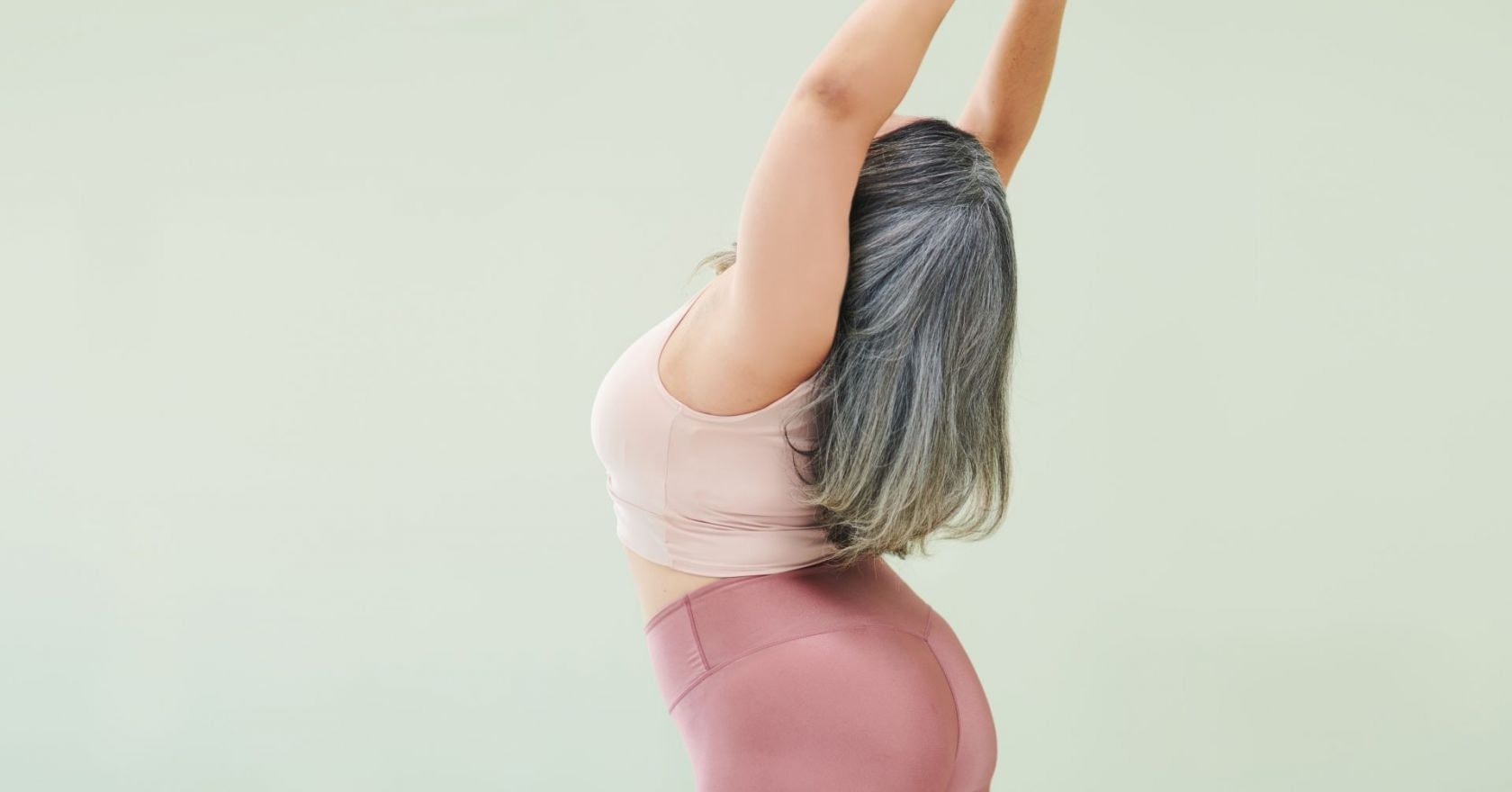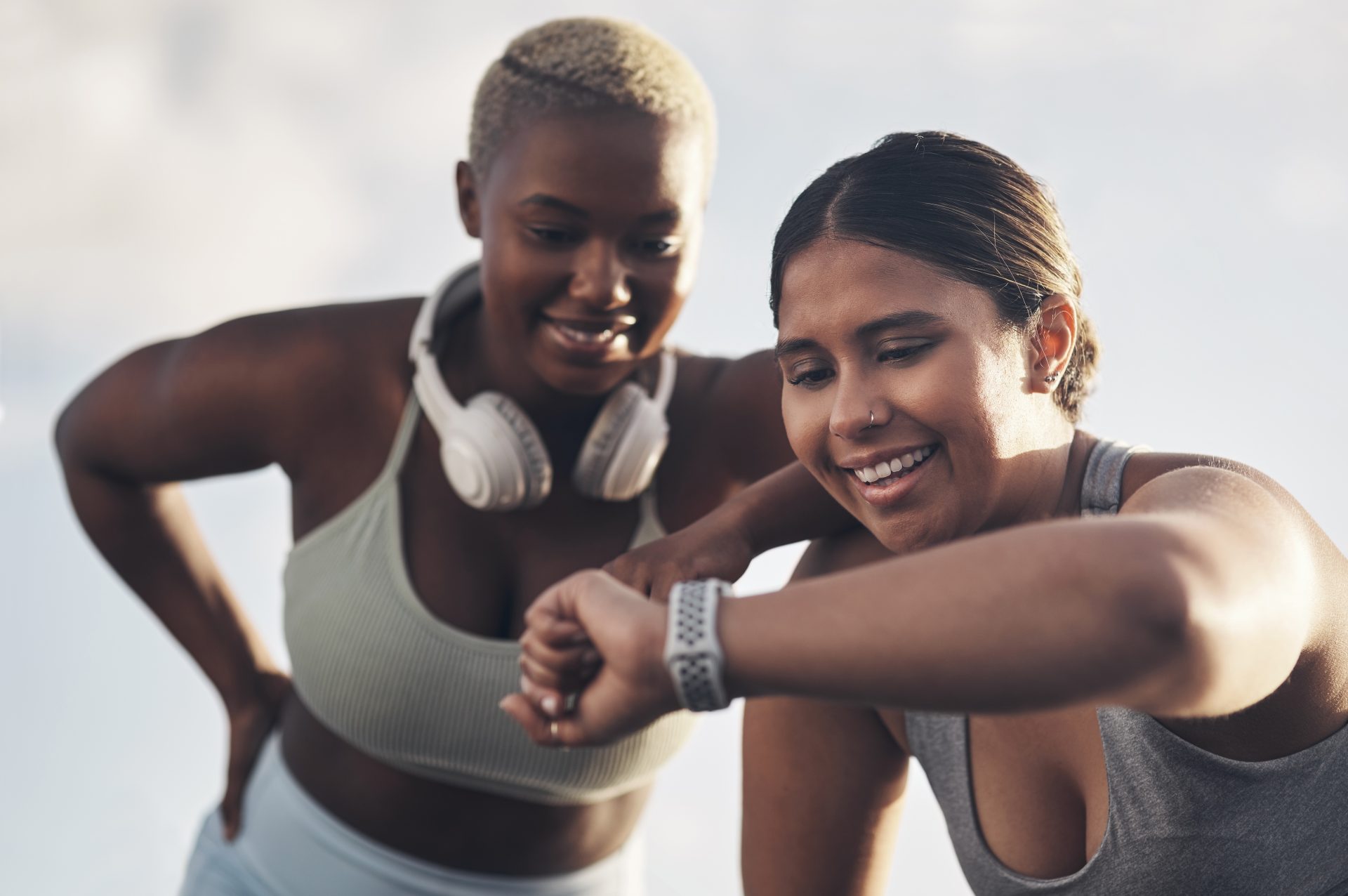
The conversation around body neutrality is growing, but is it really possible to be ‘neutral’ about fitness achievements and failures?
Body neutrality is a great concept. I love the idea of not being consumed by thoughts about what my body looks like or how it moves. I also like that it doesn’t take up space in the world of body positivity – an empowerment movement for marginalised people – while simultaneously encouraging people to move away from negativity around their capabilities or aesthetics. It’s about just accepting your body for what it is.
But practising that in real life is not straightforward – particularly, in my case, during my workouts. That’s not because I judge my body for what it looks like during my squats and presses, but because working out is an activity that requires us to be hyper-aware of what our bodies aredoing.
We inevitably succeed or fail and, if you are passionate about your training, you often tend to have an emotional and physical response to that. I love being proud of my body for the weights it lifts, and I am aware that excitement over my PBs isn’t a neutral feeling. But I don’t think we should be rid of that – why should we stop feeling positive about the things our bodies do? It makes me wonder if there is room for neutrality in fitness, and if so, what that looks like.
You may also like
The power of thinking positively about exercise
One trainer who practises body neutrality in her coaching is Laura Ghiacy. “For me, neutrality is about moving away from believing your body is good or bad, and knowing it’s just a body,” she says. For her, it’s about working away from the deep-rooted conditioning of what bodies should be, both in terms of aesthetics and performance. “When we see our body as just a body, we appreciate it more for how it functions and shows up for us when we need it to. It is just a vessel for the rest of ourselves,” adds Ghiacy.
Is fitness body neutral?
It goes without saying that the industry is not body neutral. It’s getting better – moving away from the narrative that the only benefit of exercise is a change to our physical appearance, but it’s still very body-orientated. “Whether it’s someone telling you to hate your body or love your body, it’s very black and white,” says Ghiacy.
That can mean that those with diverse and differently able bodies are left out. But it also means there’s a hyper-focus on our physicality, whether that is an obsession with looks or achievements. This bothers me – I want to be able to celebrate my workout wins, but I also know that putting a value on the ‘good’ things my body does during a workout (squats the amount I deem acceptable, performs the correct number of reps during my HIIT circuit, etc) also means I berate it for the days it doesn’t do so well.

“It’s totally okay to celebrate the wins,” says Ghiacy. “We absolutely should celebrate those times we do push ups on our toes or manage our first pull ups. But on the flip side, we need to know that if there are times that those pull ups felt horrendous, it doesn’t make you any less healthy or strong and that doesn’t chip away at your sense of self.”
“If we simply recognise that some days we are going to be stronger than others, it means we can push ourselves or allow ourselves to rest when we need to. When we are in the mindset of ‘I need to be better’ we end up working against ourselves and punishing our bodies. Syncing in with our body has a really profound effect on ourselves.”
It’s this kind of non-judgmental awareness that interests me – the ability to note how I feel and be curious about it. While that sounds like it may encourage modesty about PBs, it also sounds like it will dull the annoyance of the failed reps.
You may also like
Rest days: 6 signs you need to rest and when to take a recovery day from the gym
Ghiacy says that, on the days we don’t perform well, we can neutrally find out why: are you tired? Where are you in your cycle? Have you under-fuelled? On the days we perform at the standard we wanted to, we can check in on the pre-workout habits we engaged with and make notes of how to replicate that. “There are so many reasons as to why our bodies feel different ways and it isn’t as simple as your body not being good enough on one day,” says Ghiacy.
Her biggest piece of advice to gain curiosity without shame or ego is to zoom out from your training, rather than seeing each session as part of your progress board. “That might mean knowing that, yes, last week you did push ups on your toes and this week we are on our knees a bit more. But compared to last year, you’re doing way more push ups on your toes,” she says.
As well as viewing training from a long-term perspective, it’s also about remembering how your workout slots into your life. “Your body isn’t only getting you through your training session,” she says. “While it can be really empowering to see yourself progress in your workout, your body is showing up for you in a multitude of ways, and we need to support it to do that. Consider where you’re potentially letting your body down – do you need to feed yourself more? Do you need to get an earlier night’s sleep? Work in partnership with it. Usually, your performance is a form of communication, not an indication that your body is good or bad.”
Images: Getty
Source: Read Full Article